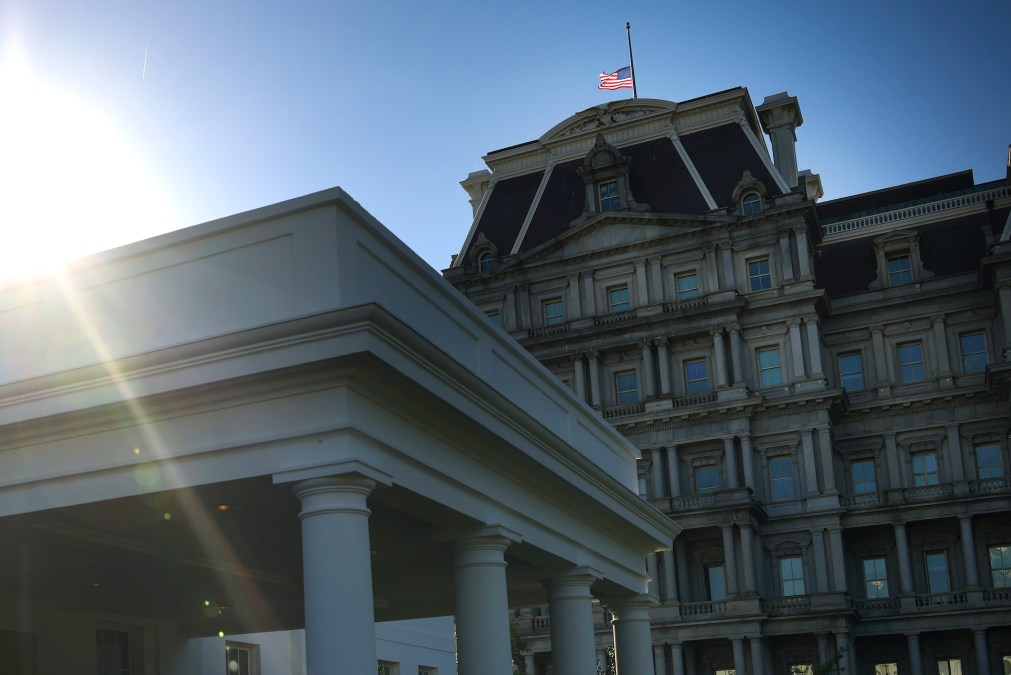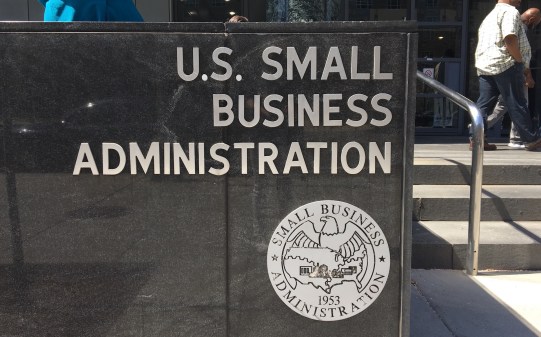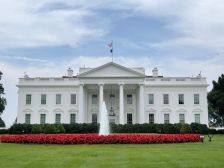White House sets target for small disadvantaged businesses to receive 12% of federal contracting dollars

The Office of Management and Budget on Tuesday published a new target for the proportion of federal contracting dollars that small disadvantaged businesses should receive during fiscal 2023.
In a memo setting out the proposals, the White House said small disadvantaged businesses (SDBs) should receive 12% of federal contracting funds allocated by the U.S. government during fiscal 2023. This represents a one percentage point increase from 11% awarded to small, disadvantaged businesses (SDBs) in fiscal 2022.
SDB business owners may register their enterprise as an SDB if it is 51% or more owned and controlled by one or more disadvantaged persons, if the owners are socially and economically disadvantaged, and if the firm is small. The designation is defined by the Small Business Administration and gives companies access to specific programs and funding opportunities.
In the memo, OMB said the new target is intended to support a more resilient government supplier base and also to support the Biden administration’s goal of using federal contracting dollars to advance equity.
The new target is also intended to push the government toward achieving the goal previously outlined by President Biden that SDBs should receive 15% of federal contracting dollars.
OMB said: “For FY 2023, each of the Chief Financial Officers Act agencies and SBA must negotiate SDB contracting goals that will allow the Federal Government to cumulatively award at least 12 percent of Federal contract spending to SDBs.”
The memo added: “In addition, OMB will continue to work with SBA, the Domestic Policy Council, the National Economic Council, the Gender Policy Council, and agencies to implement the procurement equity initiatives outlined in Memorandum M-22-03 and take additional steps for building the diversity and resilience of the federal supplier base.”






